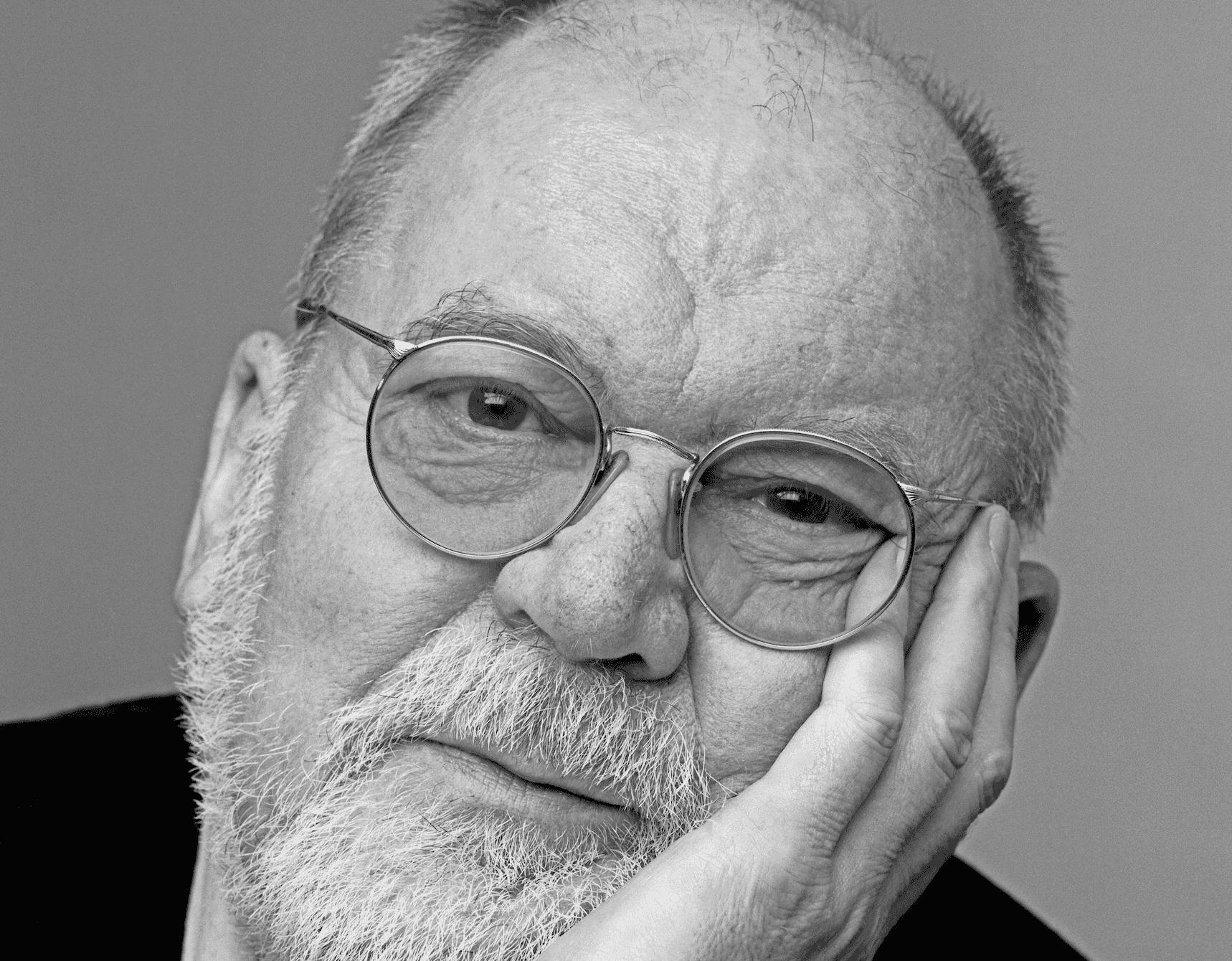
They discussed "about God and the world, Nazis and democracy, art and philosophy": The "black sheep" who performed theater, made music, and held poetry evenings in their "studio" immediately after the Second World War became formative figures of the German cultural scene of the post-war period: This applies, of course, to Hüsch, but also to the director Theo van Alst, the theater director Ernst Seiltgen, his wife, the opera singer Emmy Lisken, the writer Edith Biewend, the illustrator Hans-Georg Lenzen, and other protagonists of the Moers cultural scene.
80 years after the liberation of Germany from National Socialism and on the 100th birthday of Hanns Dieter Hüsch, the exhibition follows the "cultural freedom movement" and recapitulates the life paths of its protagonists, who exemplarily represent the cultural new beginning in North Rhine-Westphalia after 1945.


